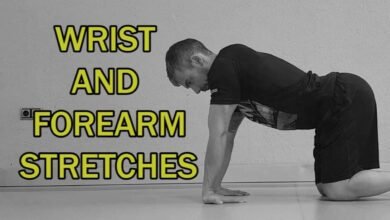A Comprehensive Guide To Shoulder Bursitis Exercises

Shoulder bursitis exercises are uncommonly characterized by irritation of the bursa sac near the shoulder joint. This infection can result from repetitive moves, overuse, trauma, or underlying scientific situations, including arthritis. Individuals with shoulder bursitis frequently enjoy aches, swelling, tenderness, and restrained actions in the affected shoulder. Fortunately, targeted exercise software can be essential in handling shoulder bursitis; II can assist in alleviating signs and symptoms and help restore normal functions and characteristics. This comprehensive manual will explore various shoulder bursitis physical activities designed to enhance the encompassing muscle groups, beautify flexibility, and sell average shoulder health.
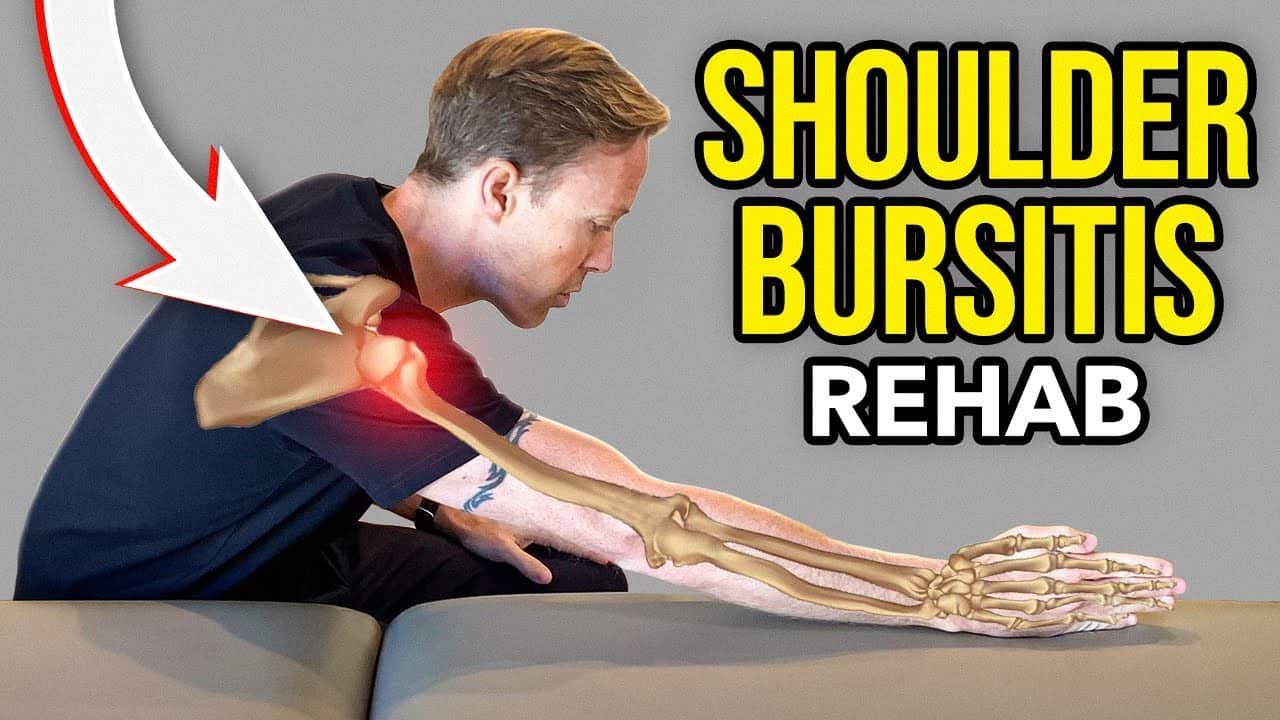
Understanding Shoulder Bursitis
Before delving into complex wearing activities, it is essential to remember the anatomy of the shoulder joint and the surface of shoulder bursitis. The shoulder is a complex shape comprised of bones, ligaments, tendons, and the bursa. The bursa is a buffer, reducing bone friction and allowing easy shoulder motion. When the bursa turns painful or inflamed, it may result in shoulder bursitis.
Shoulder bursitis can be acute or continual, frequently growing regularly. Factors with repetitive overhead movements, unsuitable lifting techniques, horrible posture, or underlying clinical situations can contribute to its onset. Symptoms of shoulder bursitis may additionally include aches, swelling, tenderness, and constrained mobility within the affected shoulder. While medical intervention can be crucial in some instances, incorporating particular physical video games into your habits can be a helpful aid in handling symptoms and signs, stopping recurrence, and promoting lengthy-term shoulder fitness. Shoulder Bursitis Exercises.
Exercises for Shoulder Bursitis
Range of Motion Exercises
Pendulum Swing
Stand beside a table with your unaffected arm resting on it for help.
Lean ahead, permitting your affected arm to dangle freely.
Gently swing your arm in small circles, clockwise and counterclockwise, step by step, increasing the dimensions of the circles.
This exercise promotes fluidity inside the shoulder joint and alleviates stiffness.
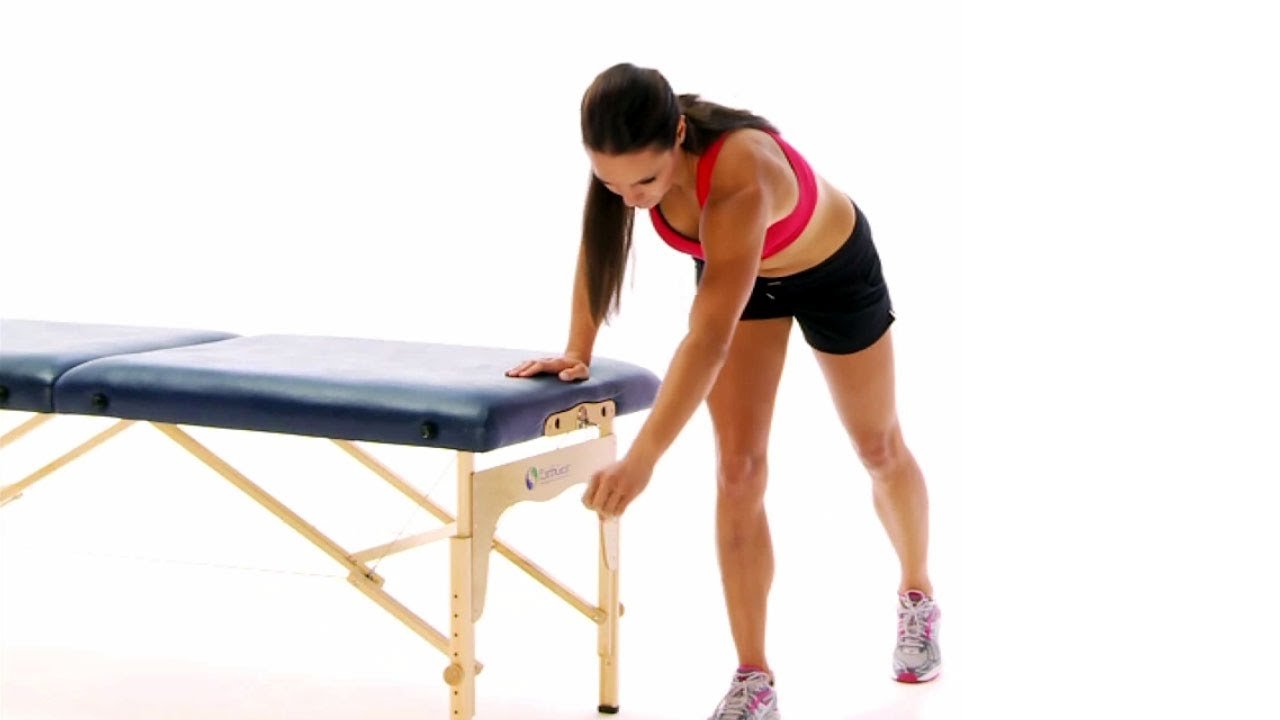
Wand Exercises
Hold a wand or a broomstick with both palms, fingers going through down.
Slowly increase the wand overhead and behind your return, then lower it and return to the beginning function.
Repeat this movement in several instances to enhance shoulder flexibility and movement. Shoulder Bursitis Exercises.
Strengthening Exercises
Wall Push-Ups: Stand dealing with a wall, fingers extended at shoulder peak. Perform push-united states opposing the wall, maintaining your body directly and engaging your shoulder muscle tissue. This exercise targets the muscle tissues around the shoulder joint without placing excessive pressure on it. Shoulder Bursitis Exercises. Shoulder Bursitis Exercises.
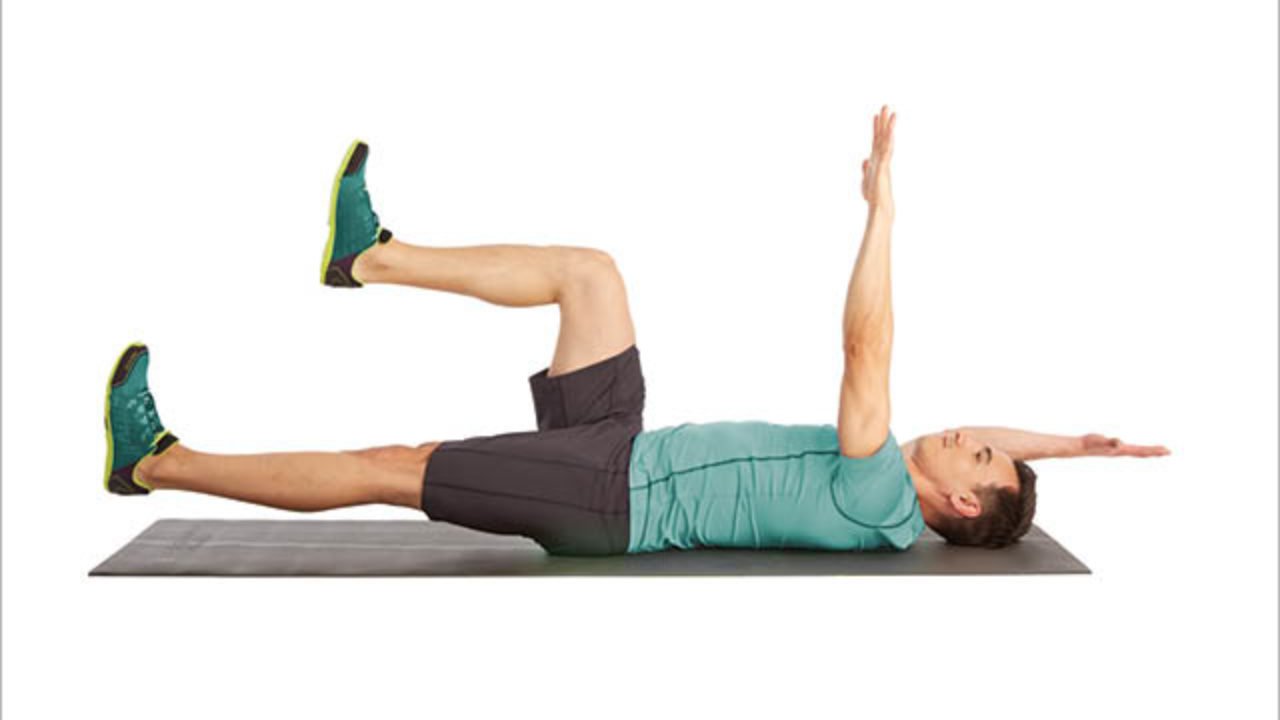
External Rotation with Resistance Band
Secure a resistance band to a doorknob at elbow height.
Hold the band along with your affected hand and step away, creating anxiety.
Keeping your elbow near your frame, rotate your arm outward against the resistance.
This workout strengthens the rotator cuff muscle tissues critical for shoulder balance.
Flexibility Exercises
Cross-Body Stretch: Gently pull your affected arm throughout your chest with your unaffected arm, maintaining the stretch for 15-30 seconds. This stretch allows improved flexibility in the shoulder and relieves tension within the muscle mass and connective tissues.
Arm Circles: Stand with your feet shoulder-width separated and amplify your fingers to the sides. Make small circles along with your palms, progressively growing the scale. This exercise complements shoulder flexibility and warms muscular tissues before extra strenuous activity. Isometric Exercises
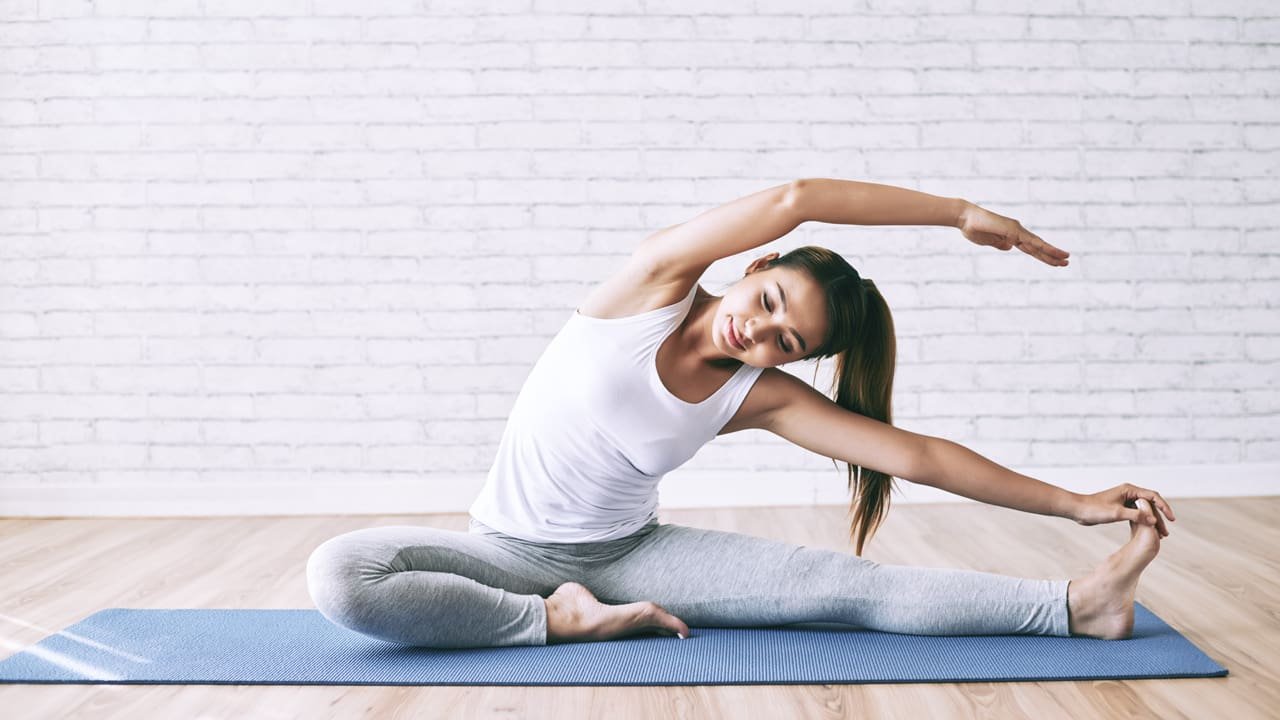
Isometric Shoulder External Rotation
Pose or stand with your elbow bent at a 90-degree perspective and forearm in resistance to a floor.
Apply mild stress towards the floor with the outer part of your palm, attracting the external rotator muscle mass.
Hold for five-10 seconds and repeat.
Isometric physical games construct strength without substantial joint movement, making them best for people with shoulder bursitis.
Isometric Shoulder Abduction
Place your hand outside a door frame at the shoulder peak.
Press your hand into the frame, enticing the shoulder muscle mass.
Hold for five-10 seconds and repeat.
This workout aims to kidnap muscle mass, which is vital for maintaining shoulder stability and preventing accidents.
Posture and Body Mechanics
Shoulder Blade Press: Sit or stand with your shoulders relaxed. Squeeze your shoulder blades together, keeping them for five seconds earlier than freeing. This workout promotes proper posture and strengthens the muscle tissue around the shoulder blades, which may assist in alleviating strain at the shoulder joint.
Ergonomic Considerations: Evaluate and modify your administrative center or each day sports to minimize strain on your shoulders. Maintain accurate posture, use ergonomic equipment, including an adjustable chair or keyboard tray, and take daily breaks to stretch and rest your shoulders.
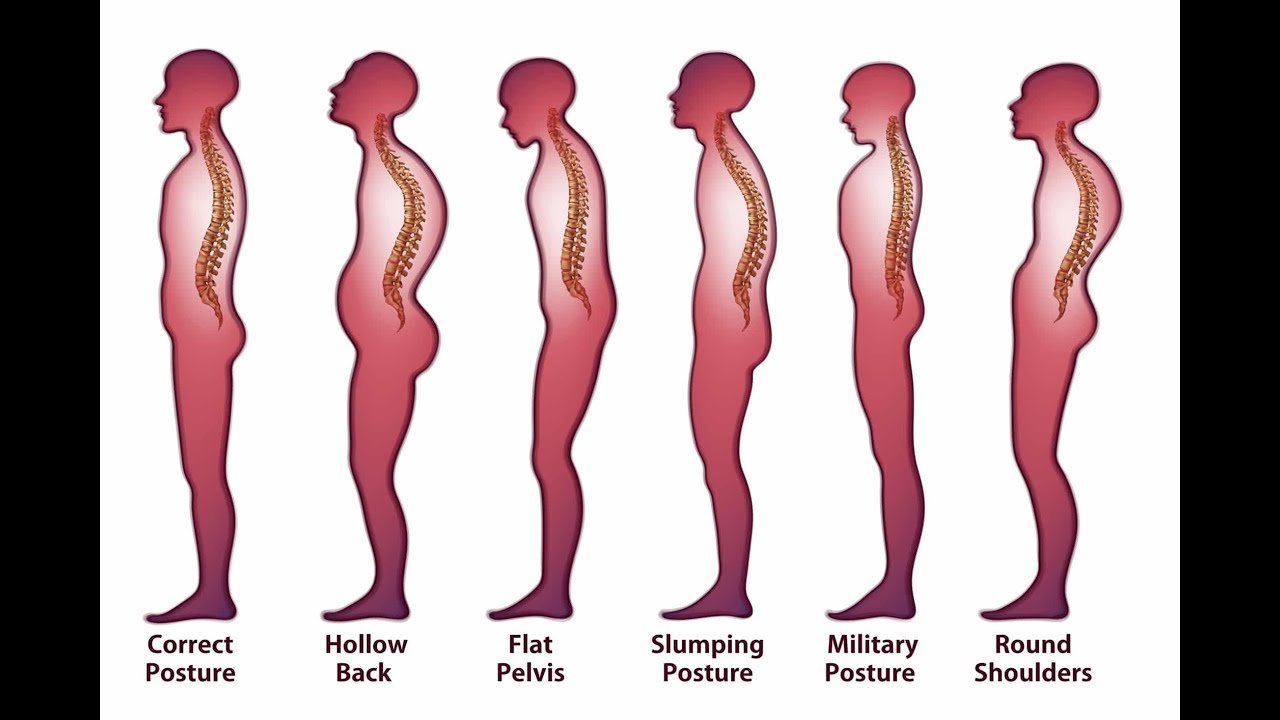
Conclusion
Shoulder bursitis can notably affect everyday sports and the quality of lifestyles. Still, with the proper sporting events and a steady rehabilitation plan, functionality and features can be improved, reducing aches and pains. First, making gentle moves and progressively progressing to more arduous sporting activities as your shoulder heals is critical—shoulder bursitis exercises.
Before starting any exercise software for shoulder bursitis, It’s best to consult with a healthcare specialist or physical therapist to guarantee that the desired physical activities are suitable for your condition. Additionally, listen to your body; if you revel in expanded pain or soreness, modify or discontinue the physical games thus.
Incorporating a properly rounded method that includes a range of movement sporting events, strengthening sports, flexibility physical activities, isometric sporting events, and interest in posture and frame mechanics can contribute to a comprehensive approach to managing shoulder bursitis. By being proactive in your rehabilitation, you could paintings toward alleviating aches, enhancing mobility, and enhancing the general health of your shoulder joint. With willpower and staying power, you may regain electricity and features in your shoulder, allowing you to return to the activities you like with greater comfort and self-belief—shoulder Bursitis Exercises.
FAQS: Shoulder Bursitis Exercises
What are the signs and symptoms of shoulder bursitis?
Symptoms of shoulder bursitis include aches, swelling, tenderness, and restrained movement in the affected shoulder.
Can sports activities help with shoulder bursitis?
Yes, precise sports can assist in managing symptoms and symptoms, enhance shoulder electricity and flexibility, and sell ordinary shoulder health.
Are there any physical video games to avoid if I have shoulder bursitis?
Some carrying events, including overhead presses or heavy lifting, can worsen shoulder bursitis. It's critical to avoid movements that cause aches or soreness and to go to a healthcare expert before beginning any exercise software.
How quickly can I anticipate seeing the outcomes of shoulder bursitis in sporting sports?
Effects may also vary, depending on the severity of your scenario, consistency with bodily sports, and adherence to proper shape. Being an affected man or woman and working with your rehabilitation program is essential.



